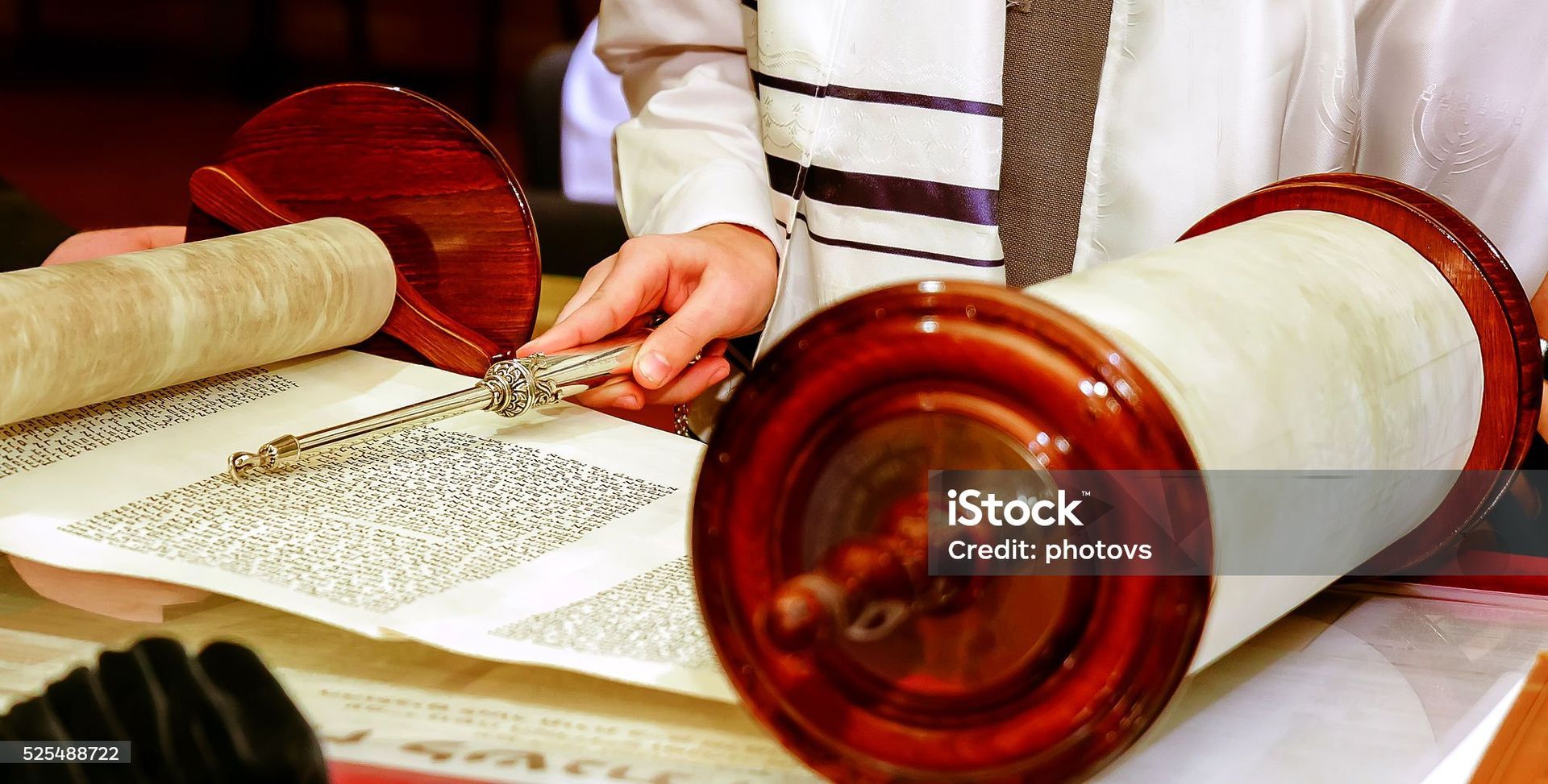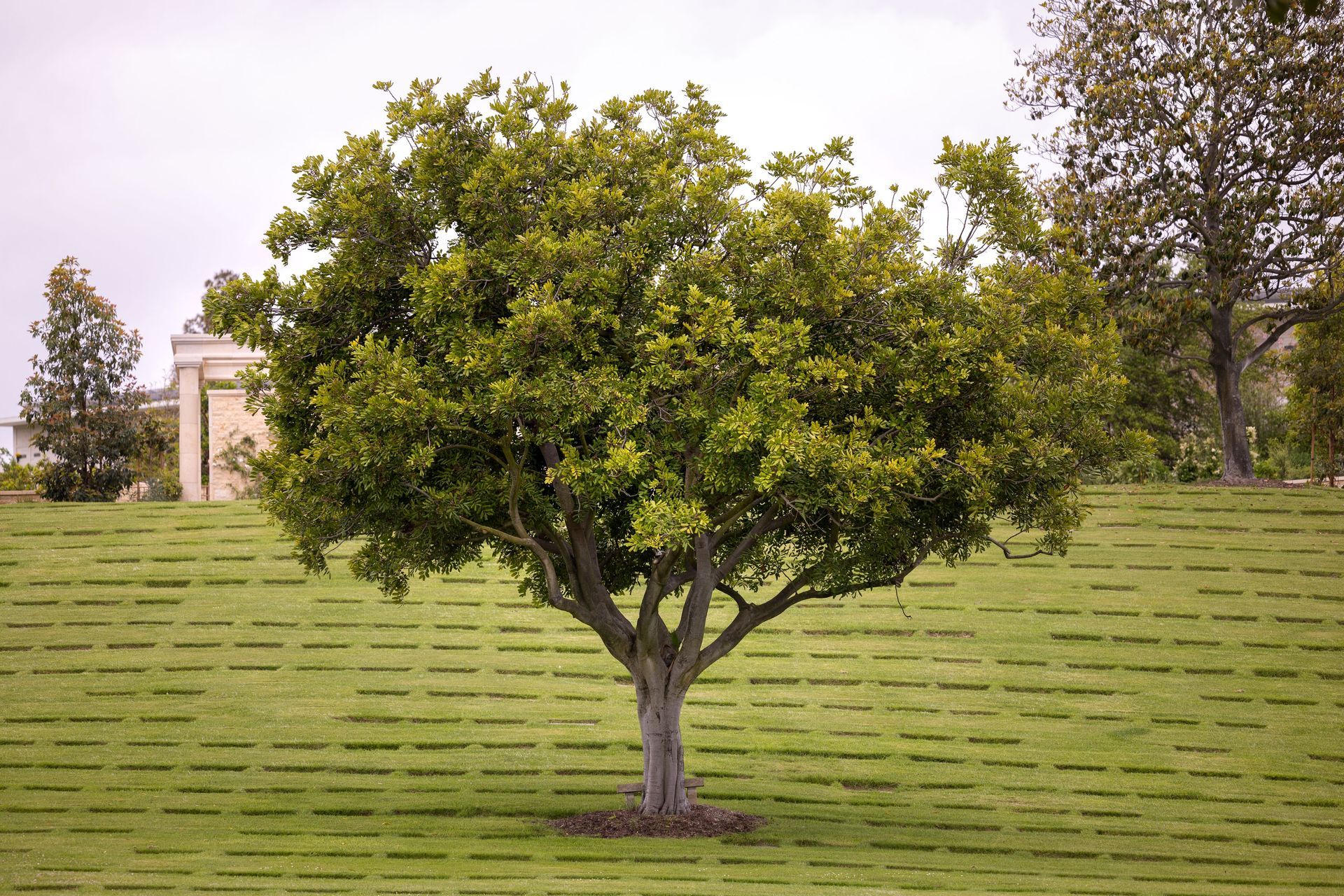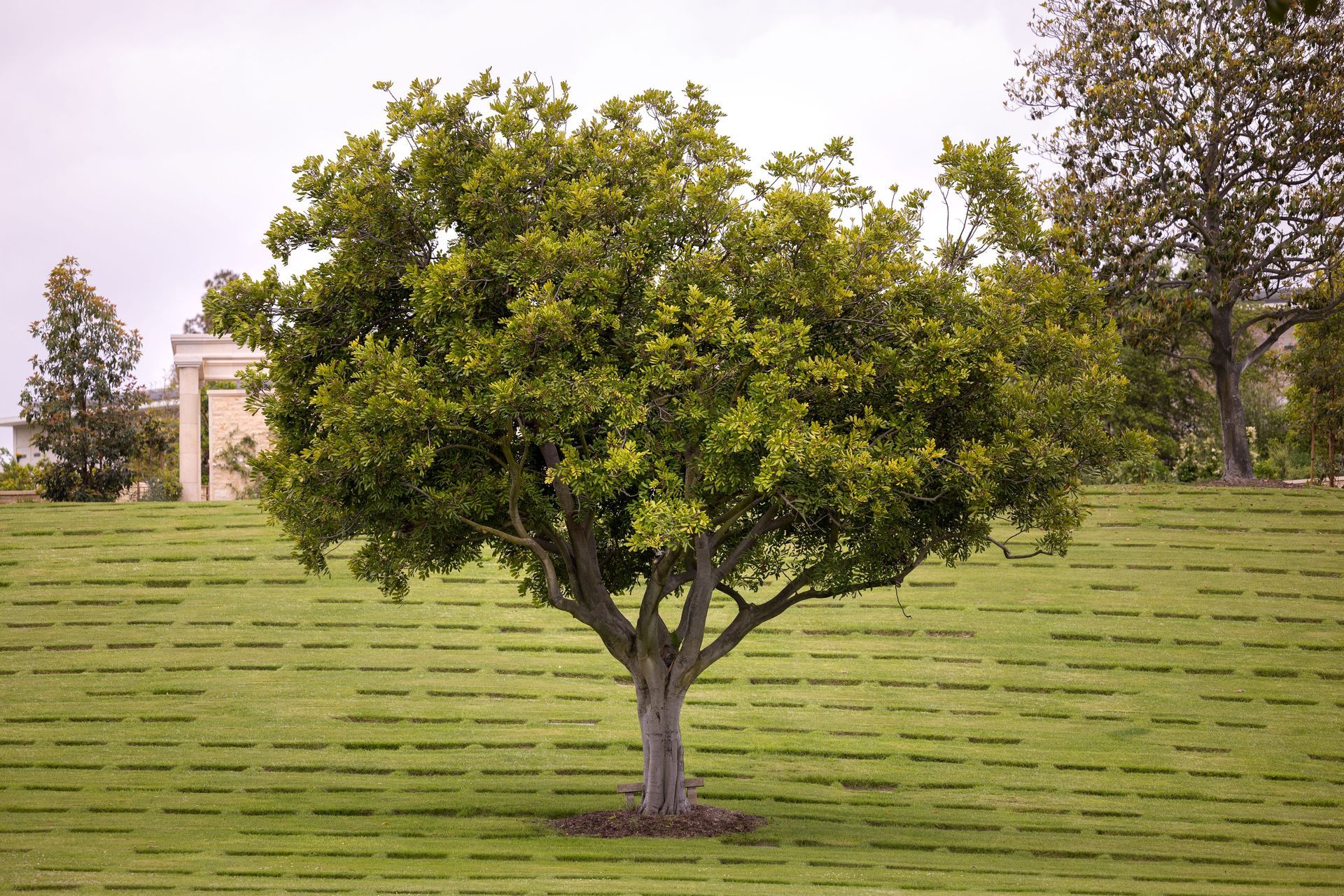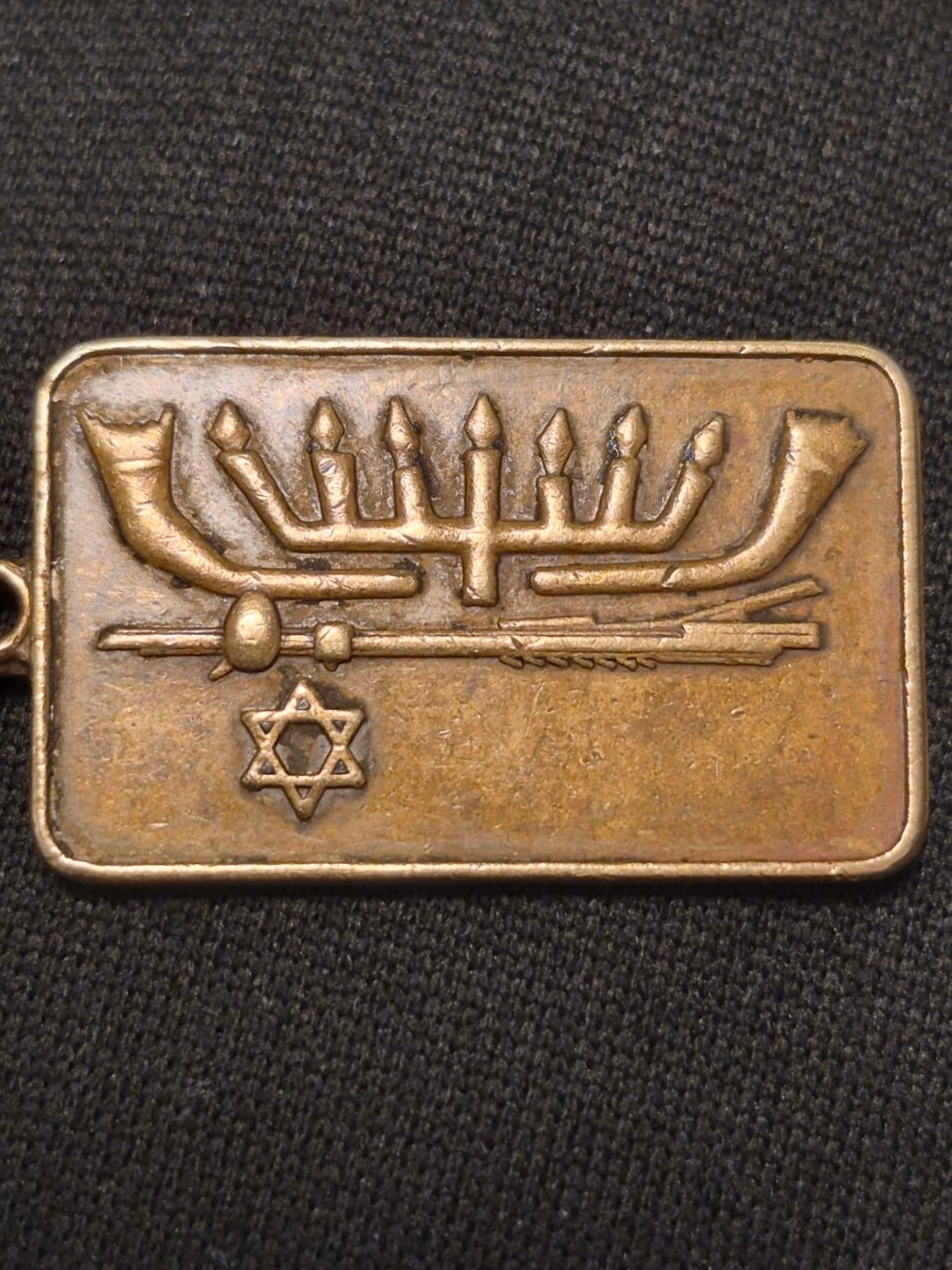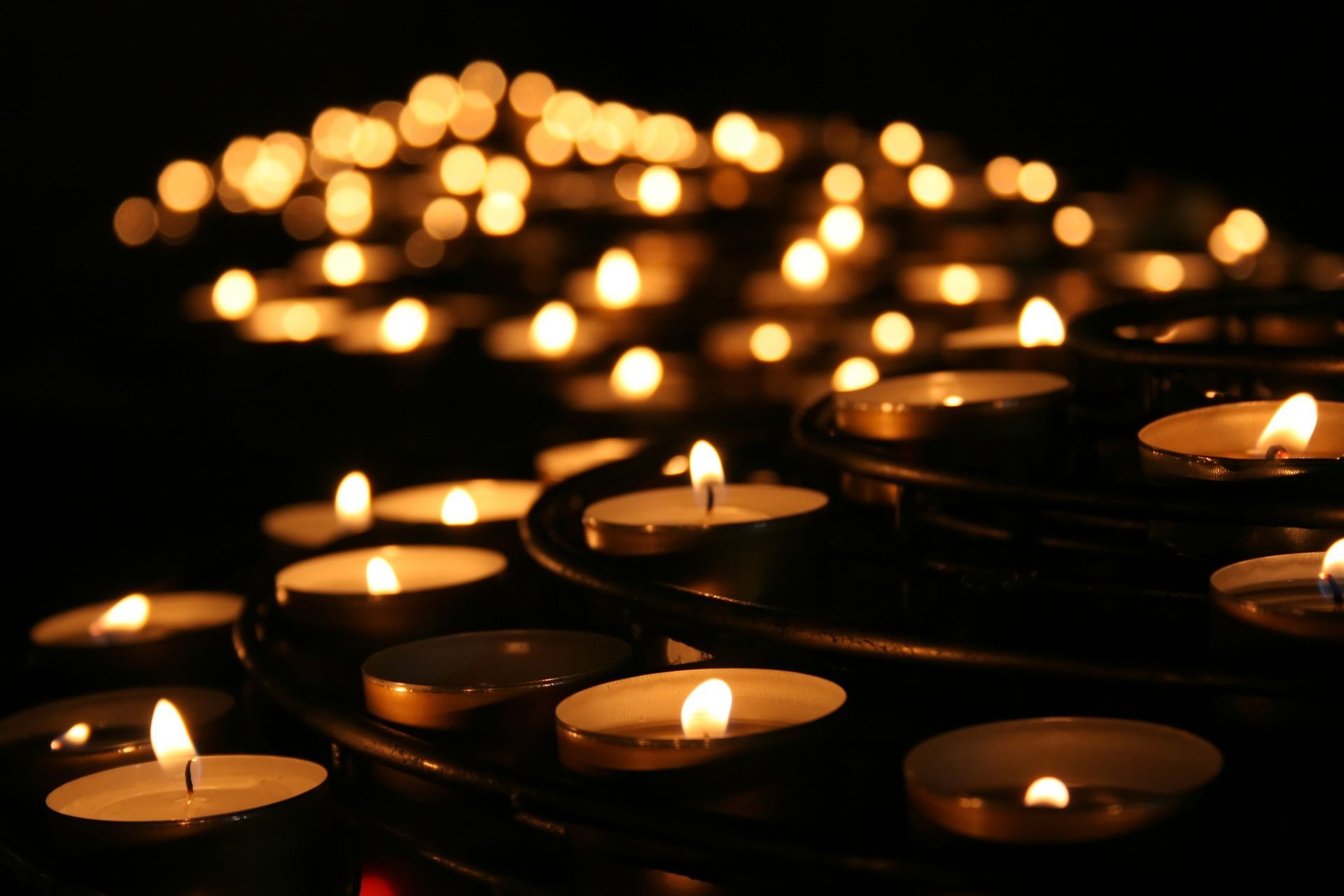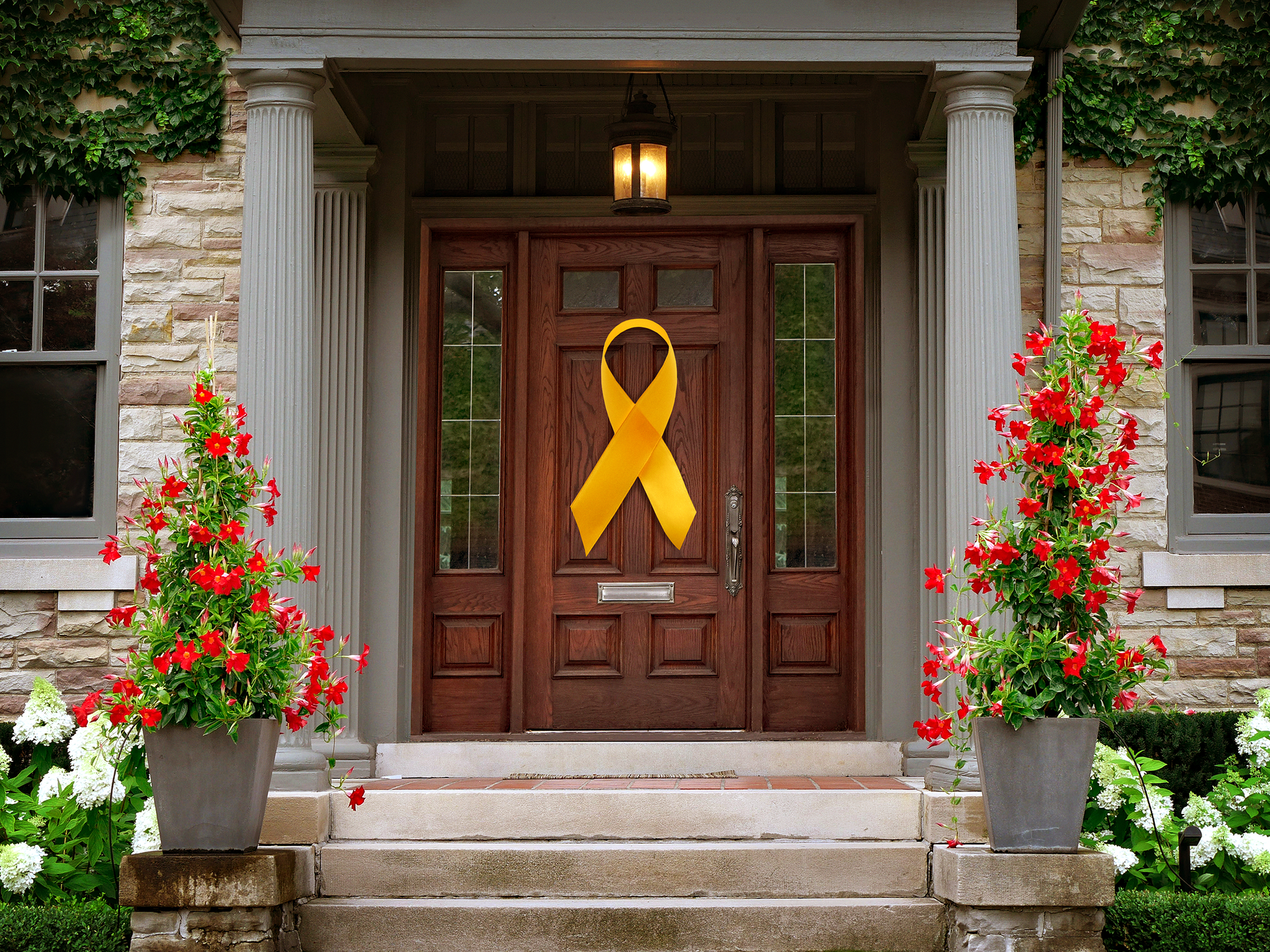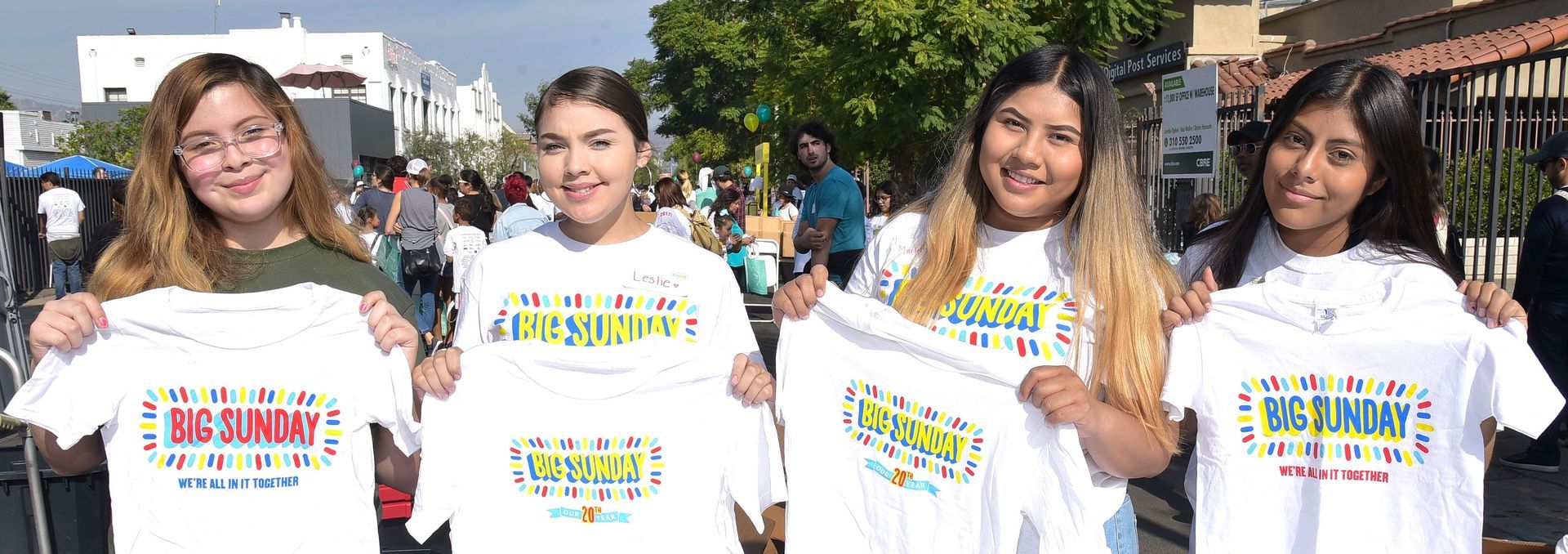How an Ethical Will Can Honor Your Legacy
How an Ethical Will Can Honor Your Legacy

At Hillside Memorial Park and Mortuary, we understand that creating a meaningful legacy is about more than material possessions. It’s about passing down the wisdom, values, and traditions that define who you are. We believe an ethical will is one of the most personal and heartfelt ways to ensure your voice and vision continue inspiring those you love. With compassion and care, we guide families in exploring this time-honored practice, helping them craft a message that honors their life’s journey and provides a sense of continuity, comfort, and connection for future generations.
What is an Ethical Will?
Many people think of drafting a traditional legal will to distribute their assets when planning for the future. However, an ethical will is something entirely different. Instead of detailing material possessions, an ethical will focuses on the values, life lessons, and wisdom you wish to share with your loved ones. It captures what has truly shaped your life—your core beliefs, cherished traditions, and personal reflections. While it carries no legal authority, an ethical will is a powerful document of meaning and connection, offering insights into the heart of your life’s journey.
The Emotional and Spiritual Importance of an Ethical Will
The emotional and spiritual importance of an ethical will cannot be overstated. At its core, it’s a profoundly personal way to ensure that your voice and values endure for generations. An ethical will provides loved ones with guidance, inspiration, and comfort during challenging times. You create a bridge between the past and the future by sharing your hard-earned wisdom and heartfelt reflections. This act of documenting your innermost thoughts and beliefs can strengthen family bonds, clarify your life’s purpose, and leave a lasting spiritual legacy.
The Sacred Importance of an Ethical Will
An ethical will goes beyond bequeathing property or possessions; it is an enduring testament to what truly matters most to you. This personal document gives future generations a sense of who you were, what you stood for, and the values that defined your life. It’s an opportunity to reflect on the lessons you’ve learned, the challenges you’ve overcome, and the relationships that have shaped you. By preserving these insights, you ensure that your memory continues to inspire, teach, and guide those you leave behind.
What Is Included in an Ethical Will?
Creating an ethical will is not reserved for any specific age or life stage—it’s a meaningful process you can begin at any time. You might start with a simple prompt, such as reflecting on the lessons you’ve learned from a beloved family member or the values that have guided your choices. Over time, you can expand upon these reflections, incorporating personal stories, meaningful traditions, or creative expressions like art, music, or video. This flexibility allows you to create a lasting testament that feels uniquely authentic and deeply personal.
How an Ethical Will Continues Your Legacy
Ultimately, an ethical will is an act of love and generosity. It provides a way for you to share your heart and mind with those you hold dear, ensuring that your legacy is remembered and felt. This profound connection sets an ethical will apart from a legal document—a personal gift that resonates long after you are gone.
We hope you’ll consider crafting your own ethical will, taking the time to reflect on the values and insights you wish to leave for future generations. It’s a meaningful way to ensure your voice inspires and guides those you love. Doing so creates a legacy that endures far beyond material possessions, bringing comfort and connection to your family for years to come.
At Hillside Memorial Park and Mortuary, our compassionate staff and funeral directors are ready to help you craft this important document. Please don’t hesitate to contact us on our site or by phone at 800.576.1994 to request an appointment.

